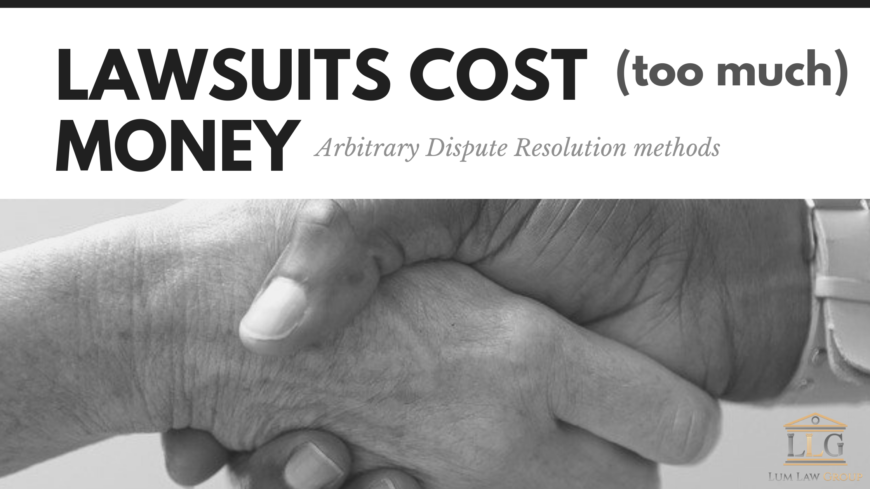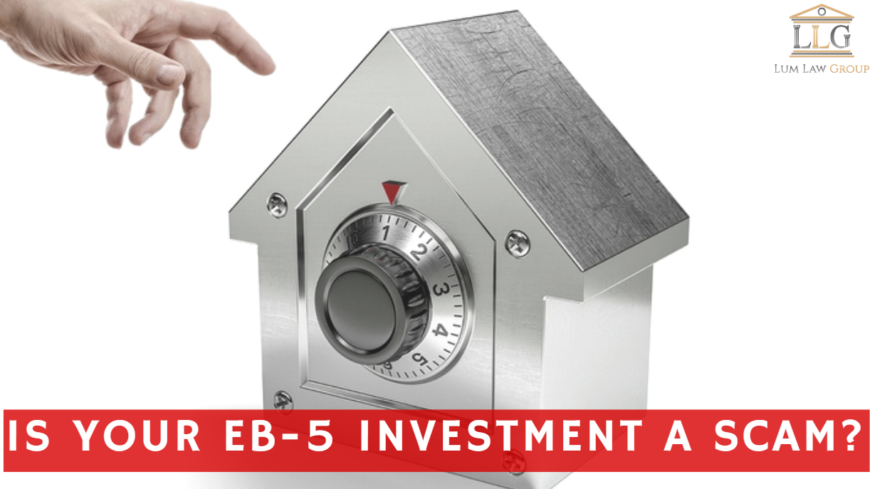What if I cannot afford a lawsuit?
Small business owners may encounter hardships that may warrant a lawsuit. Whether it is a contract issue, a supplier issue, or an employee issue, many entrepreneurs seek legal assistance to solve their problem. Legal advice is one thing, and lawsuits, which are litigated in a court of law, are another. Most times, we discourage clients from pursuing a lawsuit due to its high costs. There’s the cost of filing fees, attorney fees, and even jury fees. It doesn’t take long for the costs of a lawsuit to exceed the amount the business owner wishes to retrieve. In addition to a lawsuit costing too much, it can also take a long time to litigate. As such, it is wise for small business owners to consider alternatives to a costly lawsuit.
In this article, we introduce alternative dispute resolution (ADR) methods which our experienced business attorneys can still assist.
Negotation
Usually the first step in the process of resolving an issue, negotiation can be initiated without an attorney. It is the process of meeting with the other party and attempting to reach an agreement as to how to resolve the issue. Often, when clients come to us to file a lawsuit, they have already tried and failed to negotiate with the other party. However, we have also successfully negotiated on behalf of our clients when we begin the negotiation in the early stages of the disagreement. Sometimes all it takes is a seasoned negotiator with no emotional attachment to the outcome to reach a low-cost resolution to your business problems.
If you have a business issue that you need to negotiate with the other party, contact one of our business attorneys and find out how we can be of assistance.
Mediation
Mediation has a separate cost that is usually still cheaper than litigation, since it involves a third-party mediator. The mediator assists the parties in reaching an amicable resolution to their problems. Parties with close ties, relationships they want to preserve, or who genuinely wish to resolve the problem often seek mediation over filing an expensive lawsuit. Some parties take attorneys with them to mediation, and others do not. It is up to you whether you feel comfortable without an attorney present.
The mediator does not make any decisions, but can propose a solution. In the end, it is still up to the parties to decide what the resolution will be.
If you want to resolve an issue without damaging your relationship with the other party, you may want to consider scheduling mediation. An experienced attorney can guide you through the process, and advocate for you at the mediation.
Settlement Conference
Settlement conferences are similar to mediation in that they involve a third-party person who “mediates” and evaluates each side to come to a settlement. If a case is already in litigation, a judge can require a settlement conference for the parties wherein the judge evaluates each side and recommends a solution. It is still up to the parties to decide whether they can settle outside of court. When voluntary, a settlement conference is often mediated by a “settlement officer” who reviews each side’s case and makes a recommendation. The goal of a settlement conference is always to settle the case. If the case is already in litigation and no settlement is reached, then it will go to trial.
Neutral Evaluation
A neutral evaluation might be the appropriate solution for parties who disagree on a technicality. A neutral evaluation is conducted by a neutral third-party, often an expert in the subject matter, who reviews the cases presented by each side and gives his or her opinion on who has a stronger case. The neutral evaluator’s opinion is then used as the foundation for negotiating a resolution.
Arbitration
Many small business owners may have heard of arbitration in a different context. It is often included in employment contracts, vendor contracts, and other company policies. Since arbitration is less costly than litigation, companies often include a “arbitration clause” in contracts to force the other party to arbitrate the issue instead of filing a lawsuit.
The difference between arbitration and the other alternative dispute resolution methods above is that the third-party arbitrator decides on the issue. The arbitrator can be a single person, or an entire panel of people. The arbitration can be “binding”, meaning its resolution is legally enforceable, or “nonbinding”, meaning it’s an optional solution on which the parties can decide. Either way, arbitration takes the form of a hearing, where parties argue their cases and present evidence. Arbitration does not require an attorney, but if you are required to arbitrate your issue, you may want to consider consulting an attorney first.
Hopefully this overview gives an idea of what alternatives a small business owner can rely on instead of litigation. Alternative dispute resolution methods can cost money as well, but its costs are often much less than a full-blown lawsuit. If you have further questions or would like discuss which resolution method may apply to your unique situation the best, feel free to contact one of our experienced attorneys today.



